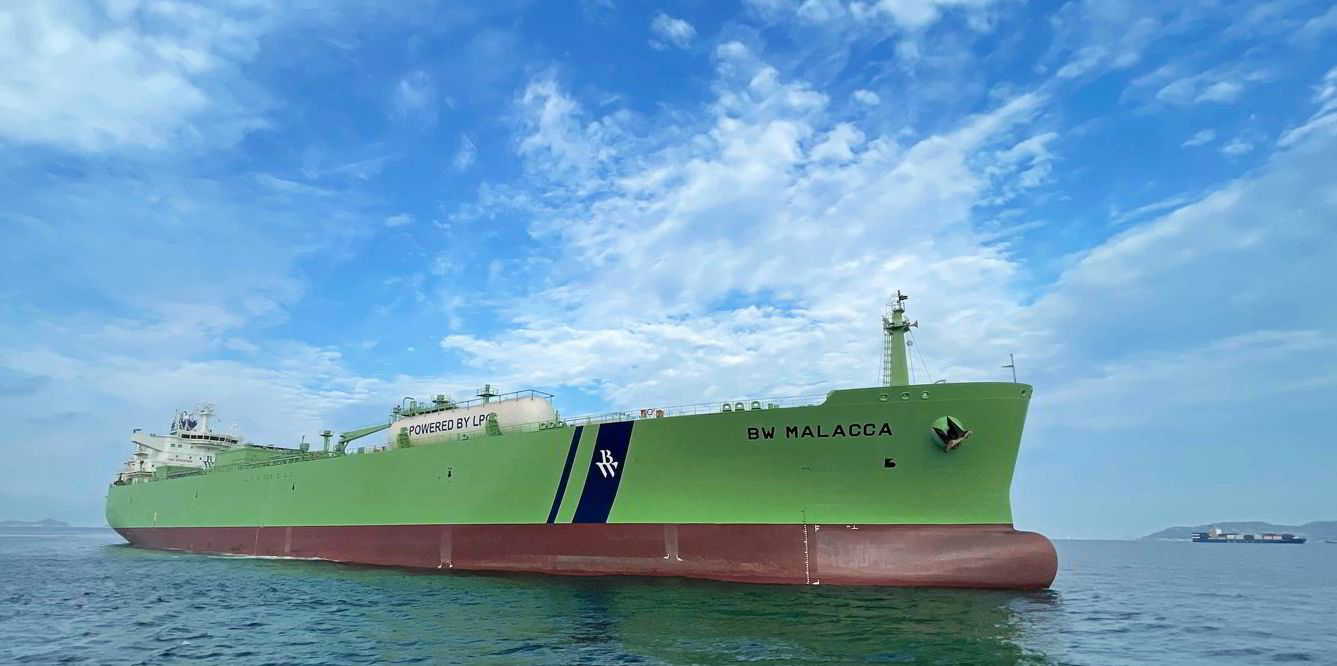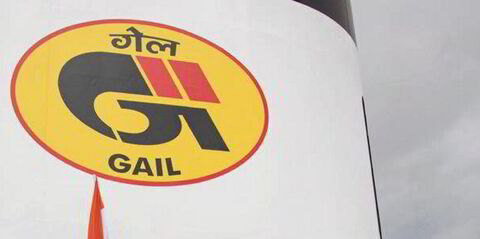VLGC rates are rebounding from recent lows as price differentials begin to work in shipowners’ favour in US to Asia trades.
Clarksons Securities assessed average spot earnings at $27,200 per day on Thursday, up 18% in a day and 60% in a week.
Rates had gone as low as $6,400 earlier this month as demand ebbed. This was below operating expenses for some leading shipowners.
Vessels were earning record levels of $170,000 per day last autumn because restrictions in daily crossings at the Panama Canal were tying up tonnage.
The US to Asia price differential for gas has widened slightly over the past week, supported by price movements on both sides of the Pacific, Clarksons Securities noted, giving arbitrage opportunities for traders to move LPG on ships.
And current forward price assessments for March translate to VLGC earnings of $35,600 per day, the investment bank added.
But weighed against this is the Panama Canal situation.
The drought-hit waterway’s deputy administrator, Ilya Espino, told Reuters the canal authority sees no need to cut transits any further until at least April.
Rains usually come in May, so Espino expects to gradually increase daily crossings from 24 to 36.
“If rainfall does not begin in May, we would evaluate again whether to cut transit by one or two vessels per day, or to reduce maximum vessel draft to 43 feet [13.1 metres],” she said.
No extra business from Red Sea turmoil
The canal allows vessels with a maximum draft of 44 feet to pass through currently.
Due to problems in the Red Sea, many owners have tried to use the Panama Canal as an alternative, “but it has not been possible”, according to Espino.
She also said increased demand for US LNG in Europe has reduced the need for LNG carriers to use Panama since 2022, but this could change if US exporters have price incentives to move cargoes to Asia.
Fearnley Securities said LNG spot rates are largely flat, but activity is brisk.
Two-stroke ships’ numbers rose 2.6% week on week to $59,000 per day.
Sister shipbroker Fearnleys said Red Sea disruptions may be starting to have an impact on rates, as the past week has been the busiest in years.
Summer term coverage and single-voyage charters have been “buzzing”, it added.
Despite a surplus of vessels for each cargo, rate pressure is upwards, the Oslo shop believes.




